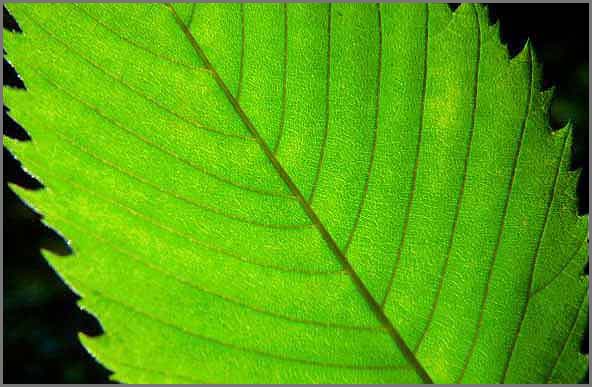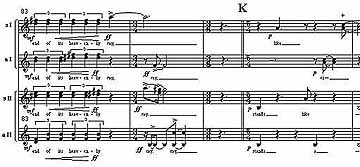Gebet
Nacht, stille Nacht, in die verwoben sind
ganz weiße Dinge, rote, bunte Dinge,
verstreute Farben, die erhoben sind
zu Einem Dunkel Einer Stille,— bringe
doch mich auch in Beziehung zu dem Vielen,
das du erwirbst und überredest. Spielen
denn meine Sinne noch zu sehr mit Licht?
Würde sich denn mein Angesicht
noch immer störend von den Gegenständen
abheben? Urteile nach meinen Händen:
Liegen sie nicht wie Werkzeug da und Ding?
Ist nicht der Ring selbst schlicht
an meiner Hand, und liegt das Licht
nicht ganz so, voll Vertrauen, über ihnen,—
als ob sie Wege wären, die, beschienen,
nicht anders sich verzweigen, als im Dunkel? . .
.
Rainer Maria
Rilke
aus: Das Buch der Bilder
|
Prayer
Night, silent night, in which are woven
wholly white things, red, colorful things,
scattered colors that have been elevated
to one Darkness, one Silence,— bring
me too into relationship with the Many
which you have persuaded and acquired. Do
my senses still play too much with the light?
Does my countenance from the surrounding
objects still bring disturbance
into relief? Pass judgement upon my hands:
Do they not lie there like tools, like things?
Is not even the ring common
upon my hand, and does not the light
shine so completely, full of trust, upon them,—
as if they were paths, which, when illumined,
branch not differently, as when in darkness? . . .
(tr. Cliff Crego)
from: The Book
of Images
|



